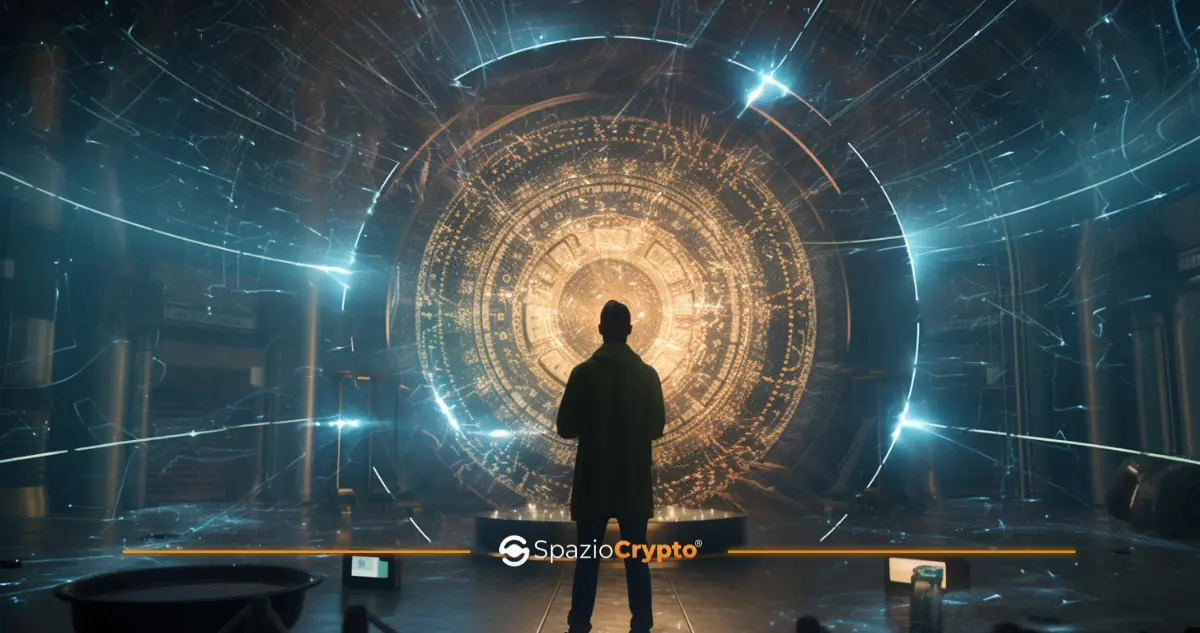The CEO of Tether, Paolo Ardoino, reassured the crypto community, dismissing concerns that quantum computing could jeopardise the integrity of Bitcoin's blockchain.
This statement comes as Google predicts that commercial applications of quantum computers could emerge in the next five years.
Quantum Computing Can Reactivate Inactive Wallets
Paolo posted on X on 8 February, stating that Bitcoin's security will remain intact. He explained that quantum computing is still far from posing a serious threat to the blockchain network. Moreover, Bitcoin has already adopted quantum computing-resistant solutions before this technology became an issue.
However, Tether's CEO clarified that if this technology were to advance over time, it could potentially access inactive wallets belonging to deceased users or whose owners have lost their access keys.
This also includes the famous wallet of Bitcoin creator Satoshi Nakamoto, which is estimated to contain around 1.2 million Bitcoins.
"Any Bitcoins in the lost wallets, including Satoshi's (if he is not alive), will be hacked and put back into circulation," Ardoino said.
Notwithstanding, Paul downplayed concerns about a possible impact of quantum computing on Bitcoin's structure, assuring that the upper limit of 21 million Bitcoins will remain unchanged regardless of advances in this technology.
"However, only 21 million Bitcoins. Nothing can change that. Not even quantum computing. That's the really important message."
Vulnerability Of The First Bitcoin Transactions
Ardoino's statements are in line with those of Ava Labs co-founder Gün Sirer, who explained that the first Bitcoin transactions used an obsolete format called Pay-to-Public-Key (P2PK). This format exposes the public keys, making them vulnerable to quantum attacks.
To mitigate these vulnerabilities, Sirer suggested freezing P2PK-based assets or setting a deadline by which these funds can be used.
"The coins mined by Satoshi used the old Pay-To-Public-Key (P2PK) format, which reveals the public key and allows attackers time to decrypt it... as quantum computing becomes threatening, the Bitcoin community may have to consider freezing Satoshi's coins or, more generally, setting a deadline and blocking all funds in P2PK UTXOs."
The World Of Quantum Computing
Quantum computers exploit the principles of quantum mechanics to process information at speeds inaccessible to traditional computers. This innovation raises concerns about possible vulnerabilities in the cryptographic technologies that protect blockchain networks.
Recently, Google unveiled its latest quantum computer, Willow, sparking debate about the technology's impacts on cybersecurity.
Although many experts believe that concrete threats from quantum computing are still far away, Google's head of quantum AI, Hartmut Neven, has a different opinion. According to him, practical applications will be available much sooner.
"We are optimistic that within five years we will only see real applications possible thanks to quantum computers."








